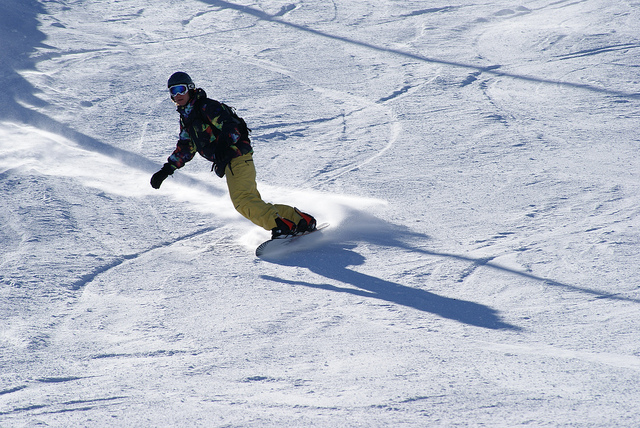Repetition Trains the Mind
I was running a seminar in front of a large group of people. I had met the next speaker I was about to introduce at an event the night before. As I’m standing at the podium, I realize I don’t remember his name. In truth, I didn’t remember it 60 seconds after our introduction the night before. I wasn’t focused on it when he told me. Even after the prior night’s introduction, as we spoke, I was thinking about what I wanted to say, instead of being present and focusing on him. In the end I gave the audience a 5 minute break, and got his name from a colleague. I will not make that mistake again.
Staying fully aware and conscious is no easy task. Our minds process over 50,000 separate thoughts per day, with 90% happening subconsciously. So how do we train our minds to stay conscious and in the moment? Practice and repetition. As you practice, control of the activity begins to transition from your conscious to your subconscious mind. The repetition trains your mind.
Our brains adapt to three basic types of change: it strengthens current behaviors, expands or modifies existing behavior, and adapts to completely new behaviors.
Strengthening current behavior is exemplified when you are repeating an activity, such as skiing or typing on a keyboard. The electrical signals cause our neurons to strengthen the neural pathways associated with the repeated behavior. With practice, our brains need less and less conscious thought to perform that task. The behavior simply becomes subconscious.
Modifying an existing behavior results in adapting to the new behavior more quickly. For example, if you grew up skateboarding, it will be easier for you to pick up snowboarding. The balance and motion are similar, so your brain simply adapts by growing new synaptic terminals.
When you learn something completely new, your brain has to grow new neurons and recruit them into the existing connecting paths. Think back to when you first learned how to drive, rode a bike, or played a new sport. In those first few tries, you spent significant time repeating the task. After significant repetition it became automatic. That first day you were fully conscious. After practicing, it became subconscious.
The bottom line is that repetition trains the mind. Putting that repetitive process in place initially, requires presence and discipline. Eventually your brain will create the neural pathway and your subconscious will take over. Then you will be on auto-pilot.



